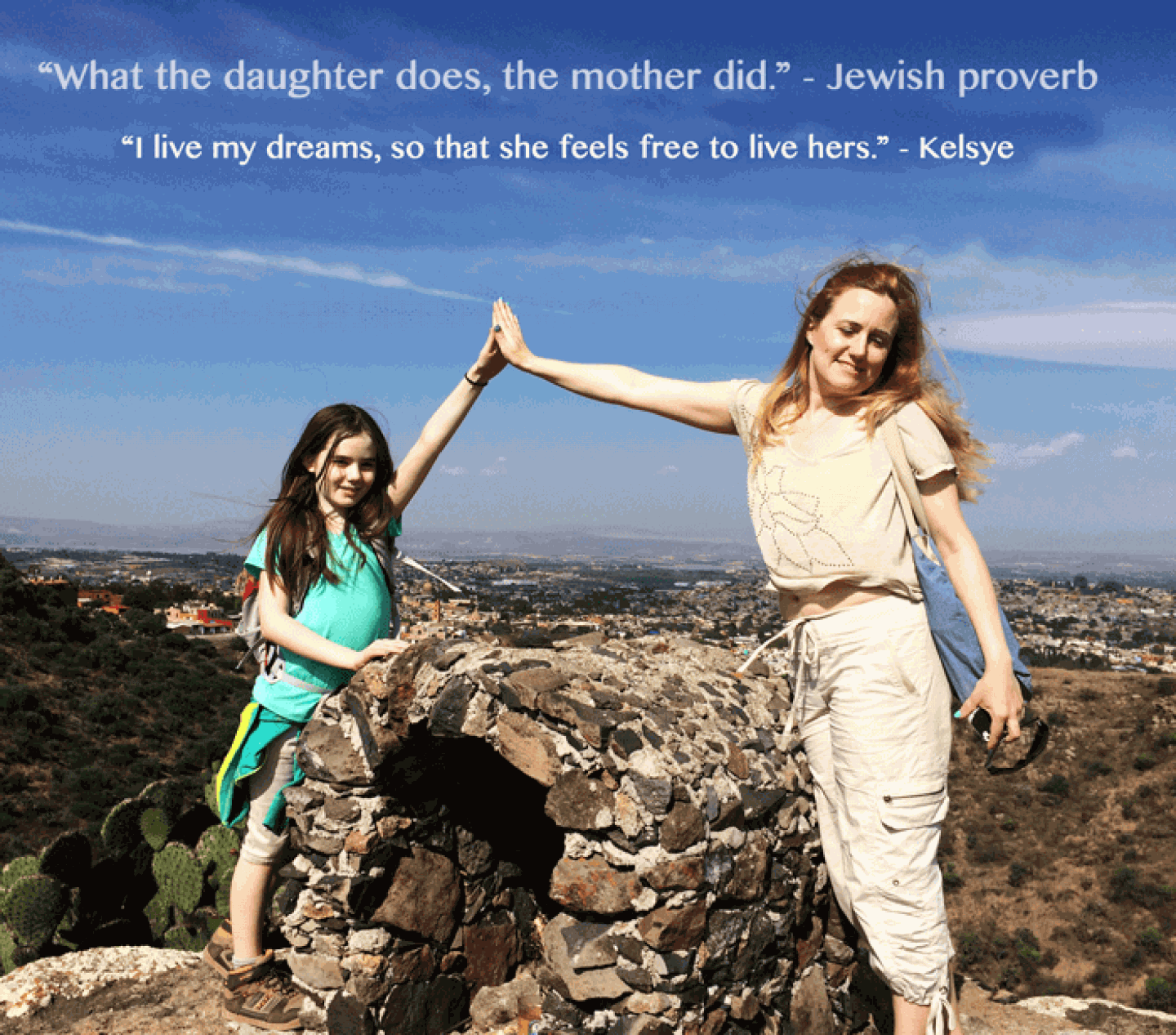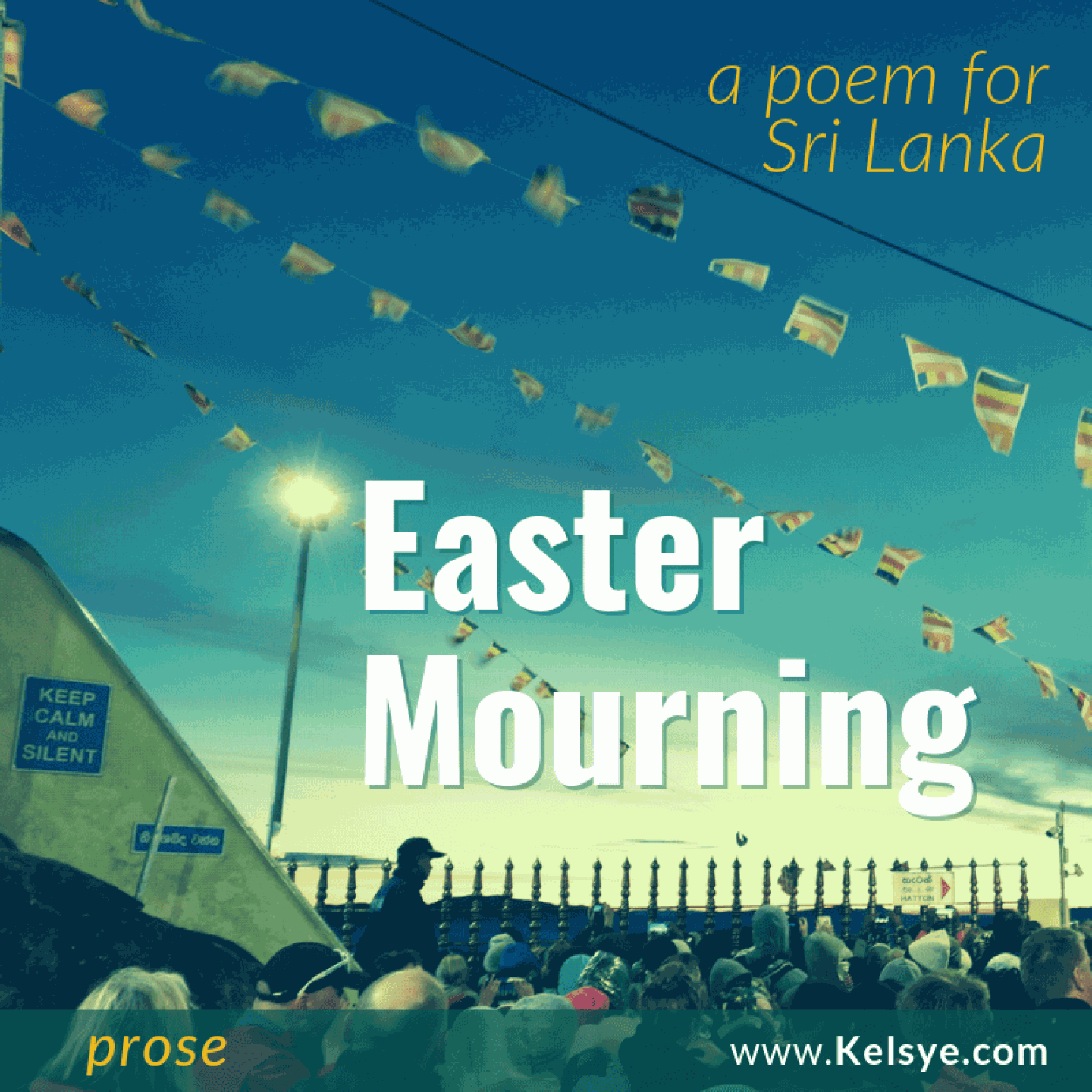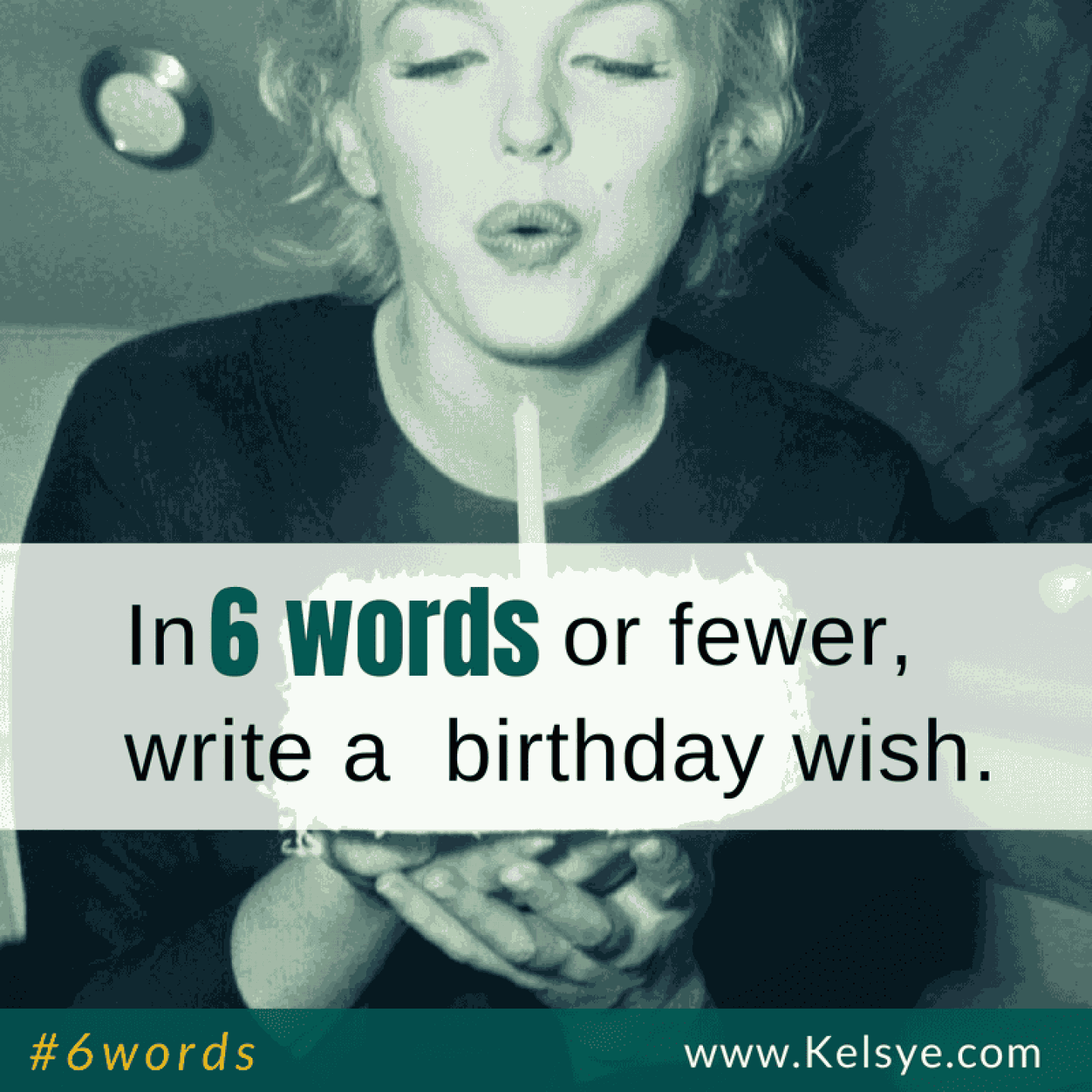This evening, I discovered the ending to the novel I’ve been working on for the past nine years. Glorious. It all makes sense now.
Of course, I also realize that I must now cut a good 20,000 words from the end of the manuscript as they really have nothing to do with the story I am trying to tell.
A beloved character will be lost completely with this dramatic, yet necessary cut. Editing this character out of my novel is like killing a love. He was a love of mine, reimagined for the pages, but real nonetheless. I never see him anymore, and likely won’t ever again. The novel gave me a way to meet him, to spend a little more time in our friendship. To feel again the way he made me feel.
Perhaps I will write him a poem instead. Or simply remember him.
Or perhaps, very sneaky, I will hide his pages somewhere on my website, like right here.


 What do Chuck Palahniuk, Ursula Le Guin and Louisa May Alcott have in common? They all belong (or belonged) to writing groups.
What do Chuck Palahniuk, Ursula Le Guin and Louisa May Alcott have in common? They all belong (or belonged) to writing groups.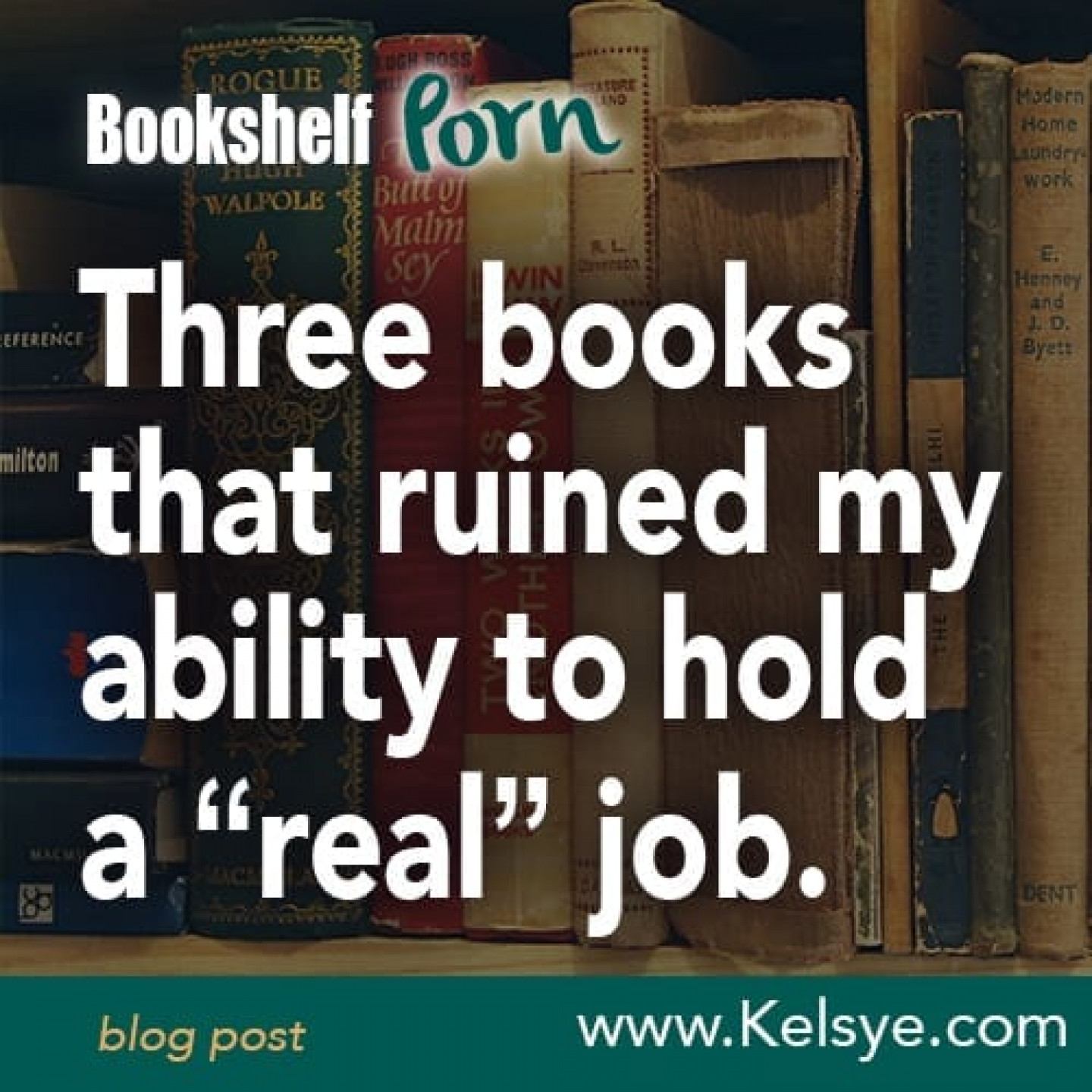
 You may read thousands of books in your lifetime, but there will always be those few special ones that impact your mortal trajectory in major ways. Books inspire us, show us glimpses of the kind of lives we want to live, of the kind of people we want to be. For those of us who discover the nature of our souls vary greatly from the people that surround us in real life, books can show us understanding, give us a familiar home.
You may read thousands of books in your lifetime, but there will always be those few special ones that impact your mortal trajectory in major ways. Books inspire us, show us glimpses of the kind of lives we want to live, of the kind of people we want to be. For those of us who discover the nature of our souls vary greatly from the people that surround us in real life, books can show us understanding, give us a familiar home.



 Poets gets me in trouble.
Poets gets me in trouble.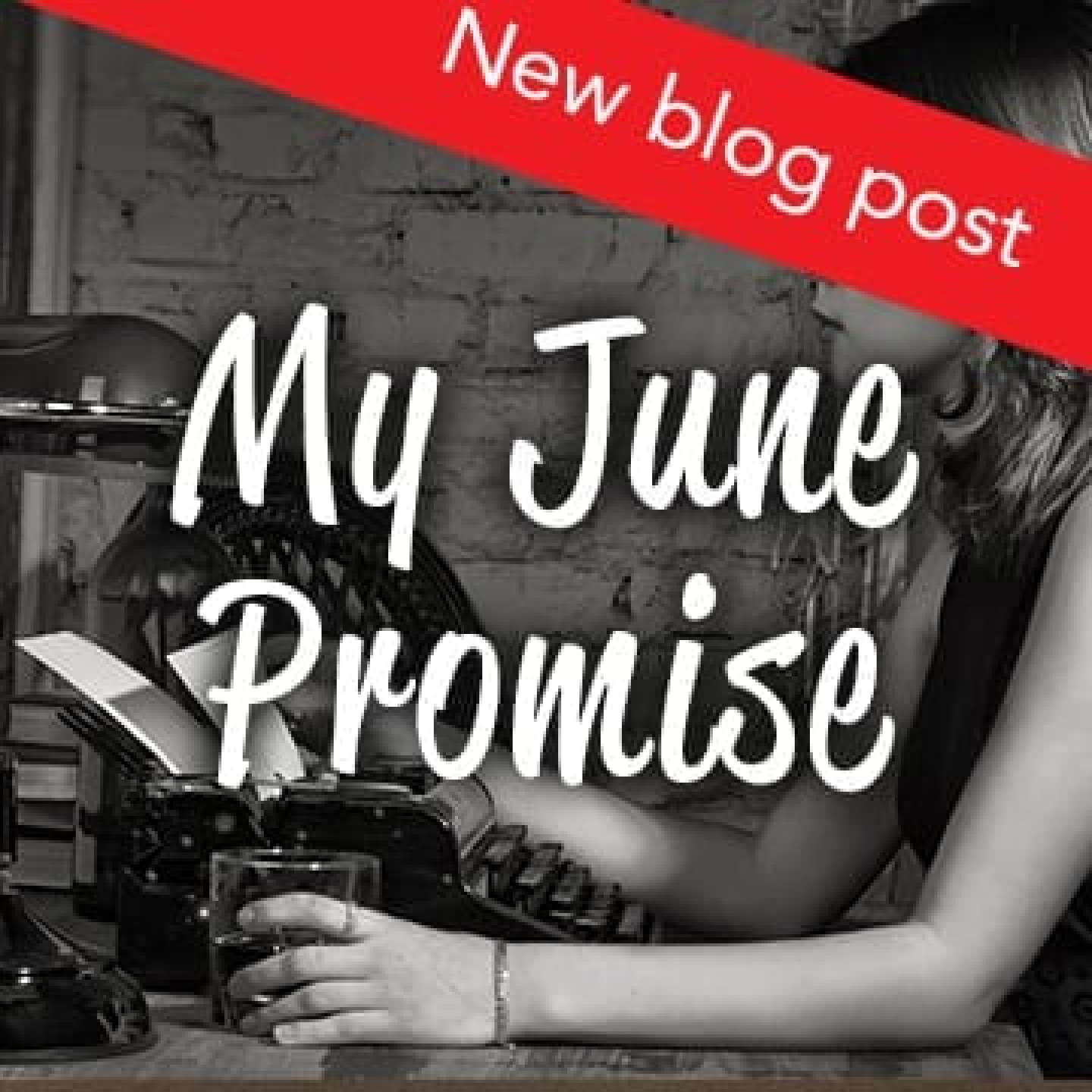
 You will see one new post from me everyday for the month of June.
You will see one new post from me everyday for the month of June.